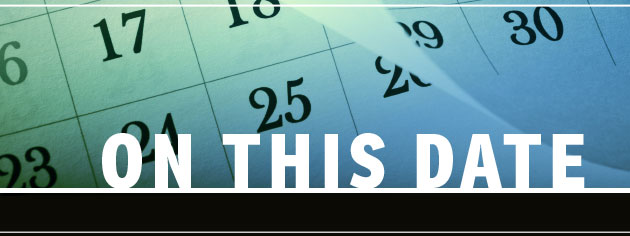

[NASA]
1 December 2009
Canadian astronaut Bob Thirsk returns to Earth after six months on the International Space Station.
3 December 1942
An RAF Wellington bomber, crewed mainly by Canadians, is badly shot up but still acquires key data on German airborne radar.
7 December 1941
Canada declares war on Finland, Hungary and Romania, the same day as Japan’s attack on Pearl Harbor.
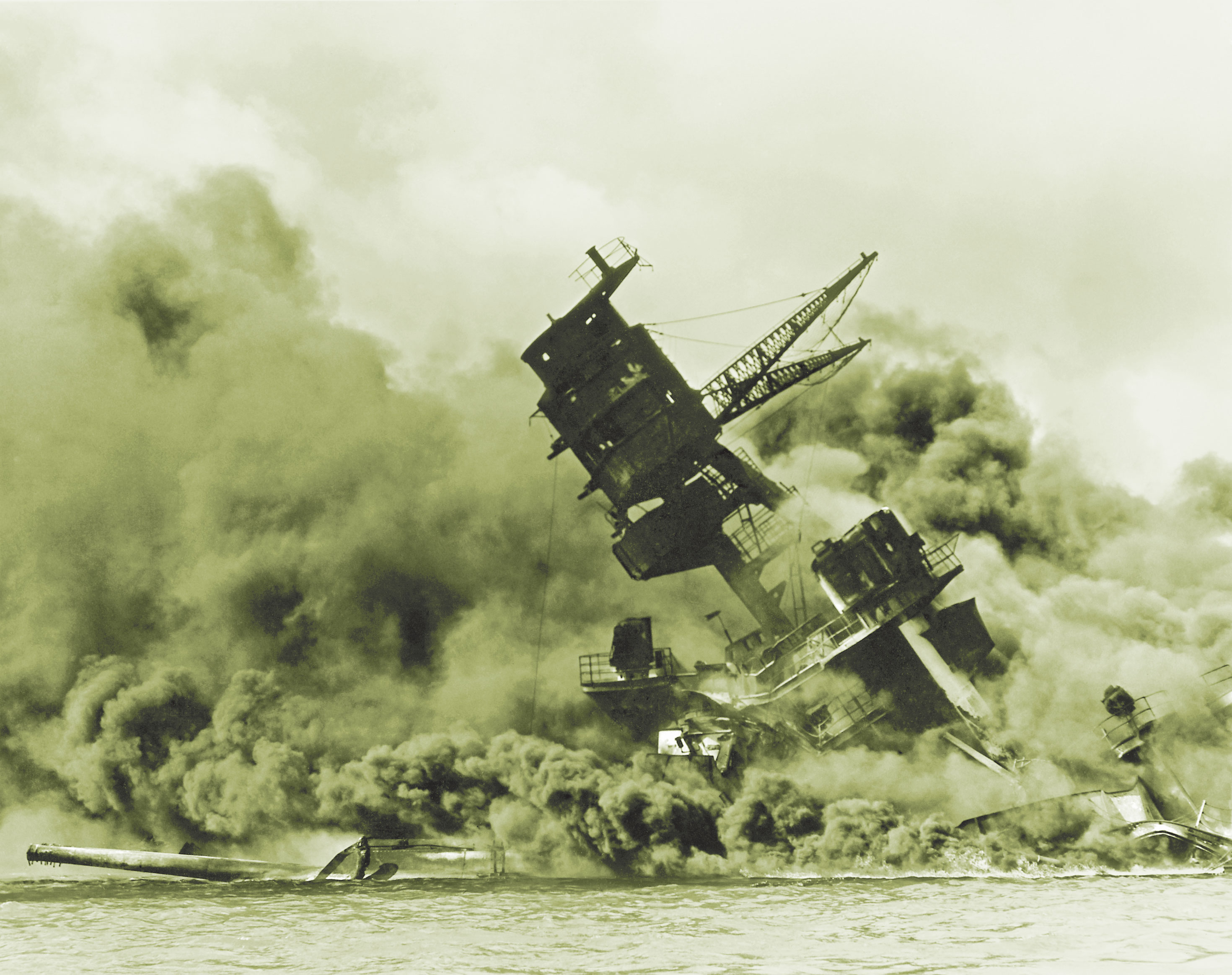
[U.S. National Archives]
8 December 1941
The Battle of Hong Kong begins, following the attack on Pearl Harbor.
9 December 1943
Canadian troops cross the Moro River and push toward Ortona, Italy.
11 December 1941
RCAF Pilot Officer John Gillespie Magee Jr., composer of the sonnet “High Flight,” dies when his Spitfire collides with another aircraft during tactical exercises.
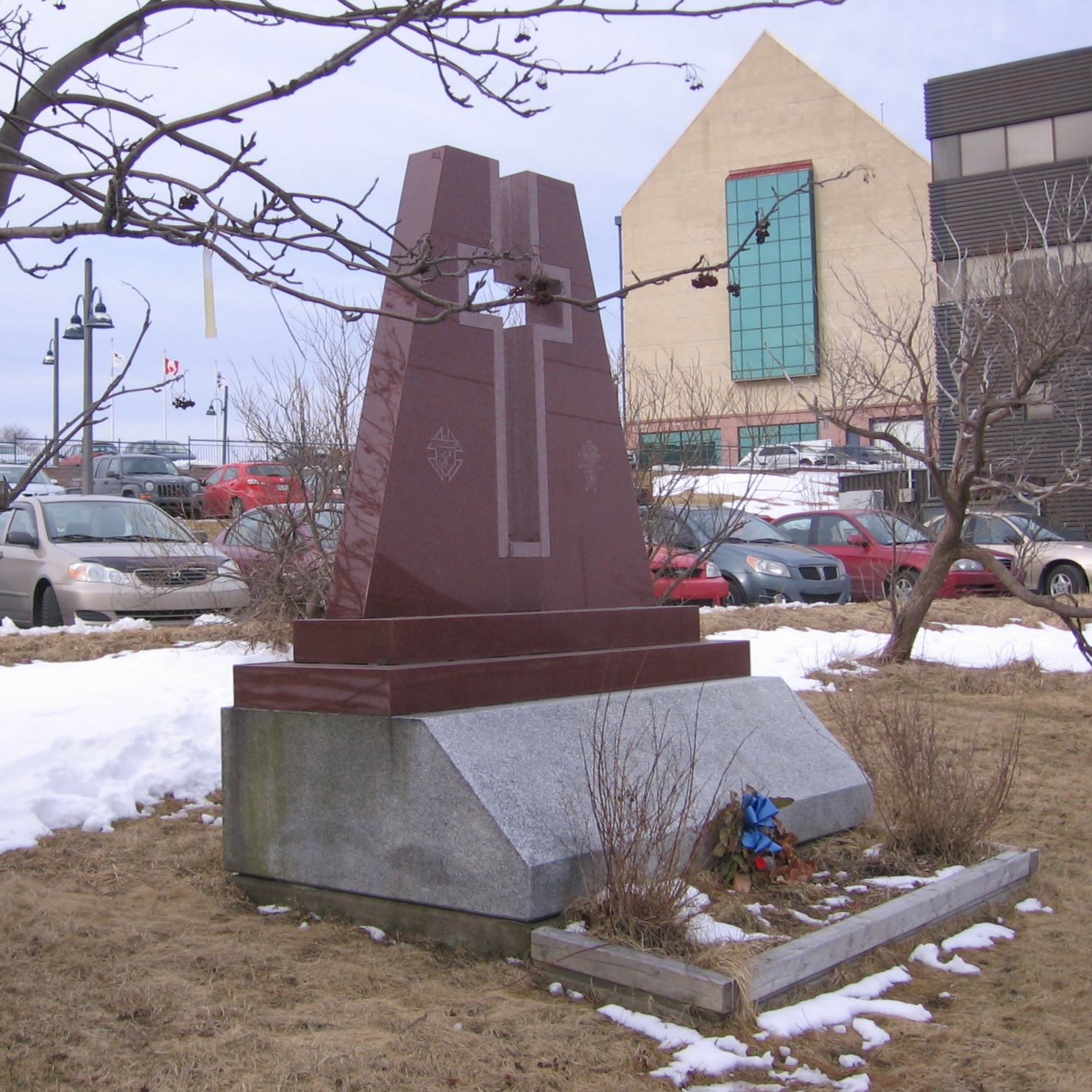
Memorial to the Knights of Columbus Hostel fire, December 12, 1942 which occurred in St. John’s Newfoundland. [Verne Equinox/Wikimedia]
12 December 1942
An arsonist burns down the Knights of Columbus Hostel in St. John’s; 99 die and 109 are injured. German sabotage is suspected.
15 December 1956
The Canadian destroyer HMCS Saguenay (DDH 206) is commissioned.
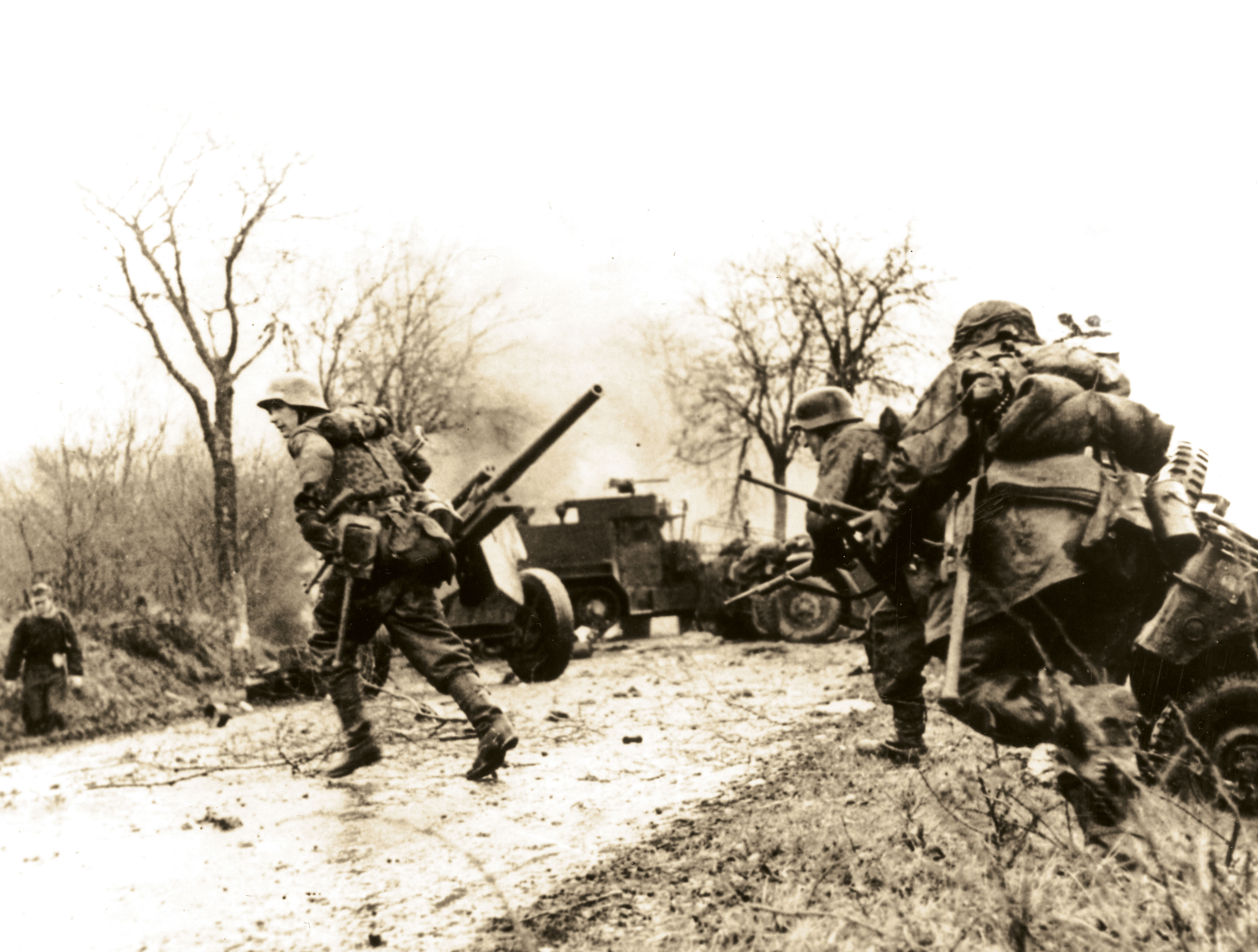
[LAC]
16 December 1944
Germany launches the Battle of the Bulge, its final offensive on the Western Front.
17 December 1939
The British Commonwealth Air Training Plan is announced.
18 December 1941
Japanese forces land on Hong Kong Island.
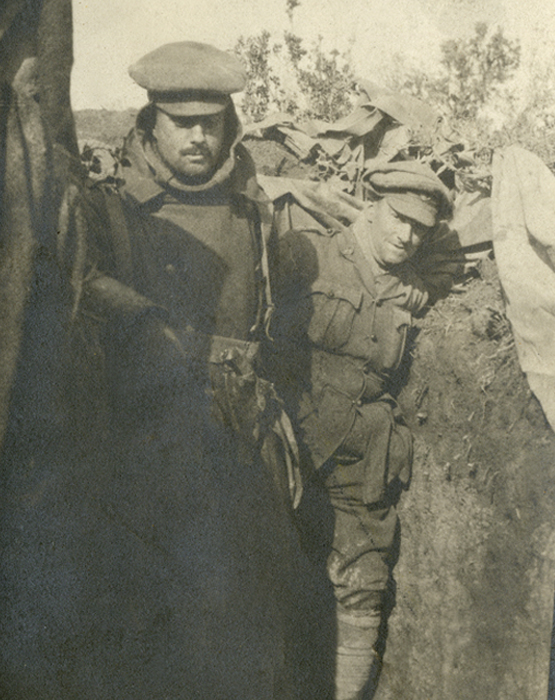
Members of the Newfoundland Regiment settle into trenches in Suvla Bay in 1915. [THE ROOMS PROVINCIAL ARCHIVES DIVISION/VA37-1.3]
19-20 December 1915
The Newfoundland Regiment is among the last to be evacuated from Suvla Bay after the disastrous Battle of Gallipoli, Turkey.
21 December 1883
The Royal Canadian Dragoons and The Royal Canadian Regiment are formed.
23 December 1915
As Christmas approaches, soldiers of the Canadian Corps suffer through a cold, wet winter in Flanders.

U-806 torpedoes HMCS Clayoquot off Halifax. Eight hands are lost. [DND]
24 December 1944
U-806 torpedoes HMCS Clayoquot off Halifax. Eight hands are lost.
26 December 1791
Britain’s Constitutional Act creates Upper and Lower Canada and sets the stage for rebellion.
29 December 1940
Germany drops incendiary bombs on London, England.
30 December 1922
The Union of Soviet Socialist Republics is created.
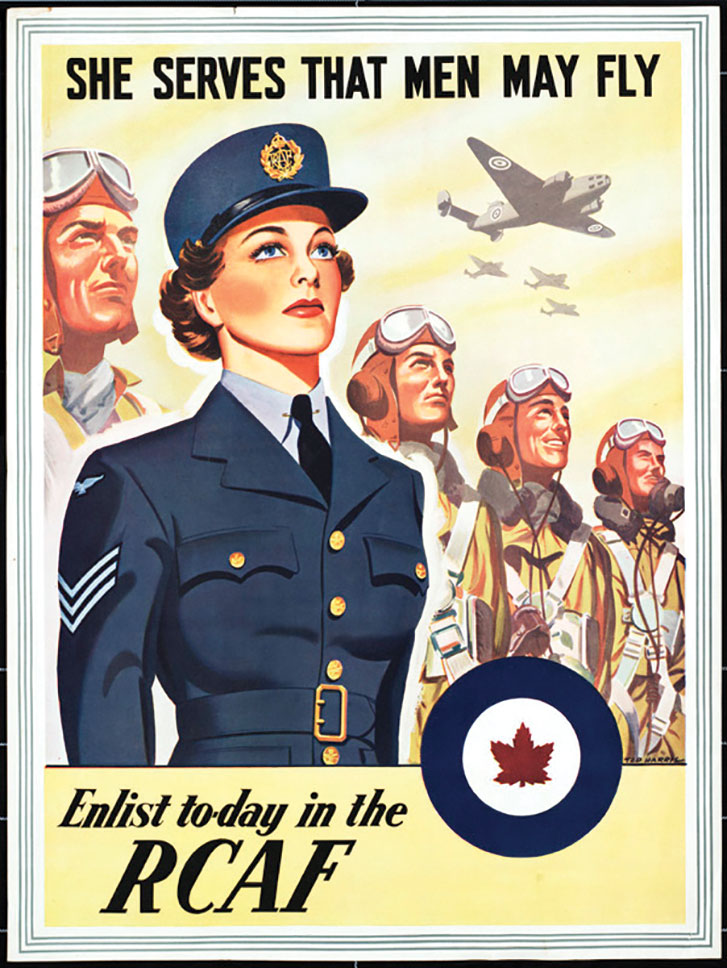
[RCAF]
31 December 1943
The RCAF reaches its peak strength with 215,000 personnel, including 15,000 members of the Women’s Division.
Advertisement




















